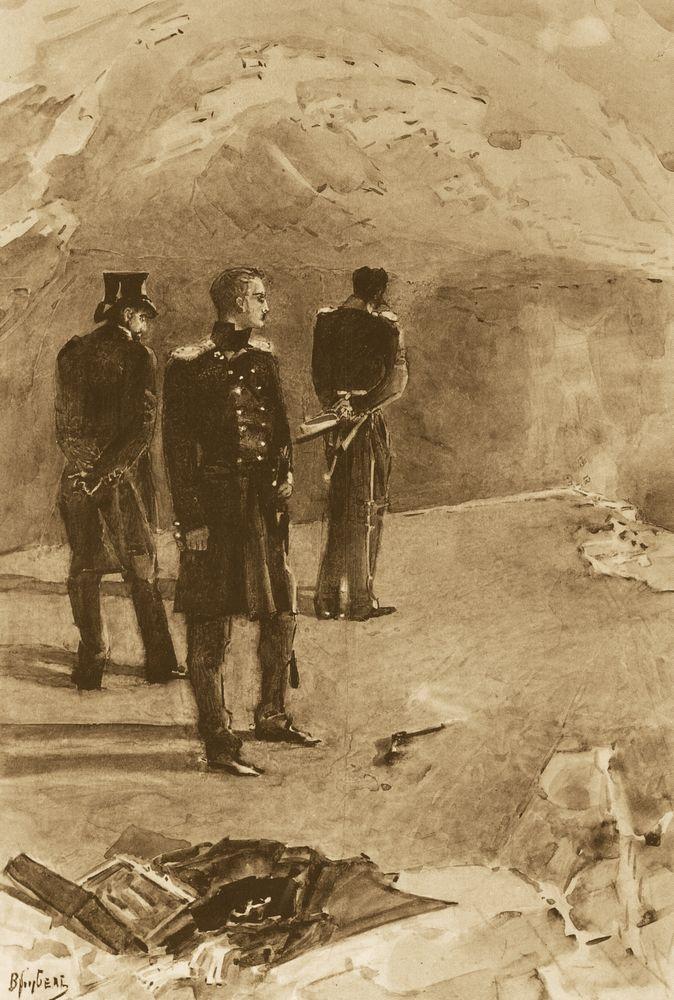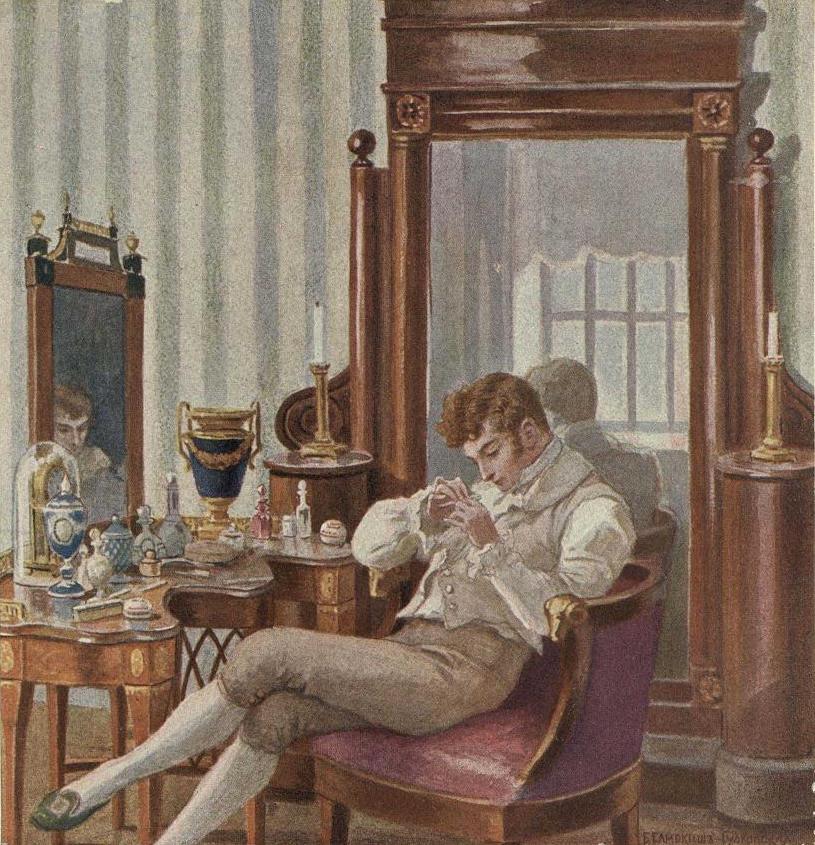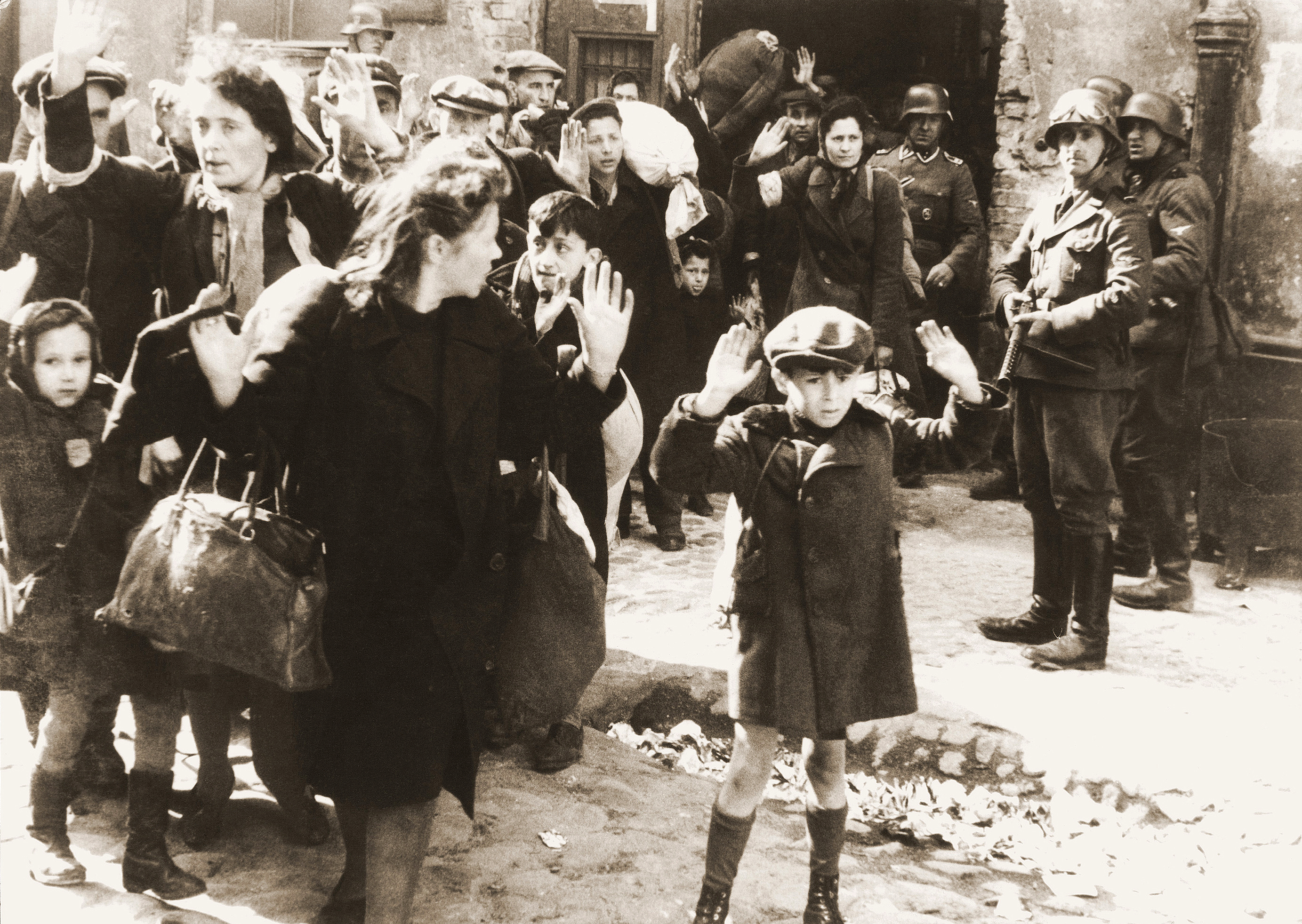|
Pechorin
''A Hero of Our Time'' ( rus, Герой нашего времени, links=1, r=Gerój nášego vrémeni, p=ɡʲɪˈroj ˈnaʂɨvə ˈvrʲemʲɪnʲɪ) is a novel by Mikhail Lermontov, written in 1839, published in 1840, and revised in 1841. It is an example of the superfluous man novel, noted for its compelling Byronic hero (or antihero) Pechorin and for the beautiful descriptions of the Caucasus. There are several English translations, including one by Vladimir Nabokov and Dmitri Nabokov in 1958. Grigory Alexandrovich Pechorin Pechorin is the embodiment of the Byronic hero. Byron's works were of international repute and Lermontov mentions his name several times throughout the novel. According to the Byronic tradition, Pechorin is a character of contradiction. He is both sensitive and cynical. He is possessed of extreme arrogance, yet has a deep insight into his own character and epitomizes the melancholy of the Romantic hero who broods on the futility of existence and the cer ... [...More Info...] [...Related Items...] OR: [Wikipedia] [Google] [Baidu] |
Mikhail Lermontov
Mikhail Yuryevich Lermontov (; russian: Михаи́л Ю́рьевич Ле́рмонтов, p=mʲɪxɐˈil ˈjurʲjɪvʲɪtɕ ˈlʲɛrməntəf; – ) was a Russian Romantic writer, poet and painter, sometimes called "the poet of the Caucasus", the most important Russian poet after Alexander Pushkin's death in 1837 and the greatest figure in Russian Romanticism. His influence on later Russian literature is still felt in modern times, not only through his poetry, but also through his prose, which founded the tradition of the Russian psychological novel. Biography Mikhail Yuryevich Lermontov was born in Moscow into the respectable noble family of Lermontov, and he grew up in the village of Tarkhany (now Lermontovo in Penza Oblast). His paternal family descended from the Scottish family of Learmonth, and can be traced to Yuri (George) Learmonth, a Scottish officer in the Polish–Lithuanian service who settled in Russia in the middle of the 17th century. He had been captur ... [...More Info...] [...Related Items...] OR: [Wikipedia] [Google] [Baidu] |
Superfluous Man
__NOTOC__ The superfluous man (russian: лишний человек, ''líshniy chelovék'', "extra person") is an 1840s and 1850s Russian literary concept derived from the Byronic hero. It refers to an individual, perhaps talented and capable, who does not fit into social norms. In most cases, this person is born into wealth and privilege. Typical characteristics are disregard for social values, cynicism, and existential boredom; typical behaviors are gambling, drinking, romantic intrigues and duels. He is often unmindful, indifferent or unempathetic with society's issues and can carelessly distress others with his actions, despite his position of power. He will often use his power for his own comfort and security and will have very little interest in being charitable or using it for the greater good. The superfluous man will often attempt to manipulate, control or enslave other individuals. Because he has no integrity or ambitions, he is often self-serving and sees little point ... [...More Info...] [...Related Items...] OR: [Wikipedia] [Google] [Baidu] |
Byronic Hero
The Byronic hero is a variant of the Romantic hero as a type of character, named after the English Romantic poet Lord Byron. Both Byron's own persona as well as characters from his writings are considered to provide defining features to the character type. The Byronic hero first reached a very wide public in Byron's semi-autobiographical epic narrative poem ''Childe Harold's Pilgrimage'' (1812–1818). Historian and critic Lord Macaulay described the character as "a man proud, moody, cynical, with defiance on his brow, and misery in his heart, a scorner of his kind, implacable in revenge, yet capable of deep and strong affection". Byron's poems with Oriental settings show more "swashbuckling" and decisive versions of the type. Later works show Byron progressively distancing himself from the figure by providing alternative hero types, like Sardanapalus (''Sardanapalus''), Juan (''Don Juan'') or Torquil ("The Island"), or, when the figure is present, by presenting him as less sym ... [...More Info...] [...Related Items...] OR: [Wikipedia] [Google] [Baidu] |
Pechora River
; Komi: Печӧра; Nenets: Санэроˮ яха , name_etymology = The Russian name of the river is a combination of two words in an old local Nenets dialect, "pe" & "chora". Literally it means "forest dweller". , image = Берега Печоры. Якша.jpg , image_size = 270 , image_caption = , map = Pechora-en.svg , map_size = 270 , map_caption = Pechora catchment area and tributaries , pushpin_map = , pushpin_map_size = , pushpin_map_caption= , subdivision_type1 = Country , subdivision_name1 = Russia , subdivision_type2 = State , subdivision_name2 = Komi Republic, Nenets Autonomous Okrug , subdivision_type3 = , subdivision_name3 = , subdivision_type4 = , subdivision_name4 = , subdivision_type5 = Cities , subdivision_name5 = Naryan-Mar, Pechora, Ust-Tsilma , length = , width_min = , width_avg = , width_max = , d ... [...More Info...] [...Related Items...] OR: [Wikipedia] [Google] [Baidu] |
Persona (1966 Film)
''Persona'' is a 1966 Swedish psychological drama film, written and directed by Ingmar Bergman and starring Bibi Andersson and Liv Ullmann. The story revolves around a young nurse named Alma (Andersson) and her patient, well-known stage actress Elisabet Vogler (Ullmann), who has suddenly stopped speaking. They move to a cottage, where Alma cares for Elisabet, confides in her, and begins having trouble distinguishing herself from her patient. Characterized by elements of psychological horror, ''Persona'' has been the subject of much critical analysis, interpretation, and debate. The film's exploration of duality, insanity, and personal identity has been interpreted as reflecting the Jungian theory of ''persona'' and dealing with issues related to filmmaking, vampirism, homosexuality, motherhood, abortion, and other subjects. The experimental style of its prologue and storytelling has also been noted. The enigmatic film has been called the Mount Everest of cinematic analysis; acco ... [...More Info...] [...Related Items...] OR: [Wikipedia] [Google] [Baidu] |
From Russia, With Love (novel)
''From Russia, with Love'' is the fifth novel by the English author Ian Fleming to feature his fictional British Secret Service agent James Bond. Fleming wrote the story in early 1956 at his Goldeneye estate in Jamaica; at the time he thought it might be his final Bond book. The novel was first published in the United Kingdom by Jonathan Cape on 8 April 1957. The story centres on a plot by SMERSH, the Soviet counter-intelligence agency, to assassinate Bond in such a way as to discredit both him and his organisation. As bait, the Russians use a beautiful cipher clerk Tatiana Romanova and the Spektor, a Soviet decoding machine. Much of the action takes place in Istanbul and on the Orient Express. The book was inspired by Fleming's visit to Turkey on behalf of ''The Sunday Times'' to report on an Interpol conference; he returned to Britain by the Orient Express. ''From Russia, with Love'' deals with the East–West tensions of the Cold War, and the decline of British power and ... [...More Info...] [...Related Items...] OR: [Wikipedia] [Google] [Baidu] |
SMERSH
SMERSH (russian: СМЕРШ) was an umbrella organization for three independent counter-intelligence agencies in the Red Army formed in late 1942 or even earlier, but officially announced only on 14 April 1943. The name SMERSH was coined by Joseph Stalin. The formal justification for its creation was to subvert the attempts by Nazi German forces to infiltrate the Red Army on the Eastern Front.hen VKP(b)nr. P 40/91People's Commissariat for State Security or (NKGB) was created for the second time. It was based on NKVD's Directorates. The most important of them were: 1st INU (foreign intelligence), 2nd KRU (domestic counterespionage, fighting anti-Soviet organizations, protection of state economy, house searches, and arrests) NKVD 2nd Department (government and party officials protection) was transferred as NKGB 6th Directorate, NKVD Transportation Directorate was absorbed as NKGB 3rd Directorate and NKVD 4th Directorate was moved to NKGB with the same number. For detailed organizati ... [...More Info...] [...Related Items...] OR: [Wikipedia] [Google] [Baidu] |
Ingmar Bergman
Ernst Ingmar Bergman (14 July 1918 – 30 July 2007) was a Swedish film director, screenwriter, Film producer, producer and playwright. Widely considered one of the greatest and most influential filmmakers of all time, his films are known as "profoundly personal meditations into the myriad struggles facing the psyche and the soul." Some of his most acclaimed work includes ''The Seventh Seal'' (1957), ''Wild Strawberries (film), Wild Strawberries'' (1957), ''The Virgin Spring'' (1960), ''Through a Glass Darkly (film), Through a Glass Darkly'' (1961), ''Persona (1966 film), Persona'' (1966), and ''Fanny and Alexander'' (1982). Bergman directed more than 60 films and documentaries for cinematic release and for television screenings, most of which he also wrote. His theatrical career continued in parallel and included periods as Leading Director of the Royal Dramatic Theatre in Stockholm and of the Residenztheater in Munich. He directed more than 170 plays. He forged a creativ ... [...More Info...] [...Related Items...] OR: [Wikipedia] [Google] [Baidu] |
The Silence (1963 Film)
''The Silence'' ( sv, link=no, Tystnaden) is a 1963 Swedish drama film written and directed by Ingmar Bergman and starring Ingrid Thulin and Gunnel Lindblom. The plot focuses on two sisters, the younger a sensuous woman with a young son, the elder more intellectually oriented and seriously ill, and their tense relationship as they travel toward home through a fictional Central European country on the brink of war. The film is the third in a series of thematically related films, following '' Through a Glass Darkly'' (1961) and ''Winter Light'' (1963), which is sometimes considered a trilogy. In addition to interpretations of spiritual issues, ''The Silence'' is sometimes interpreted as presenting its two sister characters as two sides of a single woman, one representing the physical and the other language. Bergman was inspired by his travels around Europe after World War II. Against expectations of the filmmakers, it was a box-office hit. The film was also noted for its frank depic ... [...More Info...] [...Related Items...] OR: [Wikipedia] [Google] [Baidu] |
A Heart In Winter
''A Heart in Winter'' (french: Un cœur en hiver) is a French film which was released in 1992. It stars Emmanuelle Béart, Daniel Auteuil and André Dussollier. It was chosen to compete at the 49th Venice International Film Festival, where it won four awards, including tying for the Silver Lion. It was nominated for Best Foreign Film at the 1994 BAFTA awards. The romantic drama was the second-to-last film made by French writer/director Claude Sautet. He would work with Béart again on his final feature, 1995's '' Nelly and Mr. Arnaud'' (original title ''Nelly et Monsieur Arnaud''). Plot Highly regarded violin restorer Stéphane (Daniel Auteuil) works and plays squash with his longtime business partner Maxime (André Dussollier). After Maxime, who is married, begins romancing concert violinist Camille (Béart), Stéphane is called in to do some urgent repairs on Camille's violin. Camille begins to fall for Stéphane, and reveals the truth to Maxime. Stéphane's cool reaction cause ... [...More Info...] [...Related Items...] OR: [Wikipedia] [Google] [Baidu] |
Claude Sautet
Claude Sautet (23 February 1924 – 22 July 2000) was a French film director and screenwriter. He was a chronicler of post-war French society. He made a total of five films with his favorite actress Romy Schneider. Biography Born in Montrouge, Hauts-de-Seine, France, Sautet first studied painting and sculpture before attending a film university in Paris where he began his career and later became a television producer. His first movie, '' Hello Smile!'' (originally ''Bonjour Sourire'') was released in 1956. He earned international attention with ''The Things of Life'' (''Les choses de la vie'', 1970), which he wrote and directed, like the rest of his later films. Featuring Michel Piccoli in the male lead, it was shown in competition at the 1970 Cannes Festival. The film also revived the career of Romy Schneider; she acted in several of Sautet's later films. In his next film ''Max and the Junkmen'' ('' Max et les Ferrailleurs'', 1971) Schneider played a prostitute, while in ''C ... [...More Info...] [...Related Items...] OR: [Wikipedia] [Google] [Baidu] |
The Fall (Albert Camus Novel)
''The Fall'' (french: La Chute) is a philosophical novel by Albert Camus. First published in 1956, it is his last complete work of fiction. Set in Amsterdam, ''The Fall'' consists of a series of dramatic monologues by the self-proclaimed "judge-penitent" Jean-Baptiste Clamence, as he reflects upon his life to a stranger. In what amounts to a confession, Clamence tells of his success as a wealthy Parisian defense lawyer who was highly respected by his colleagues. His crisis, and his ultimate "fall" from grace, was meant to invoke, in secular terms, the fall of man from the Garden of Eden. ''The Fall'' explores themes of innocence, imprisonment, non-existence, and truth. In a eulogy to Albert Camus, existentialist philosopher Jean-Paul Sartre described the novel as "perhaps the most beautiful and the least understood" of Camus' books. Setting Clamence often speaks of his love for high, open places — everything from mountain peaks to the top decks of boats. "I have never felt com ... [...More Info...] [...Related Items...] OR: [Wikipedia] [Google] [Baidu] |









